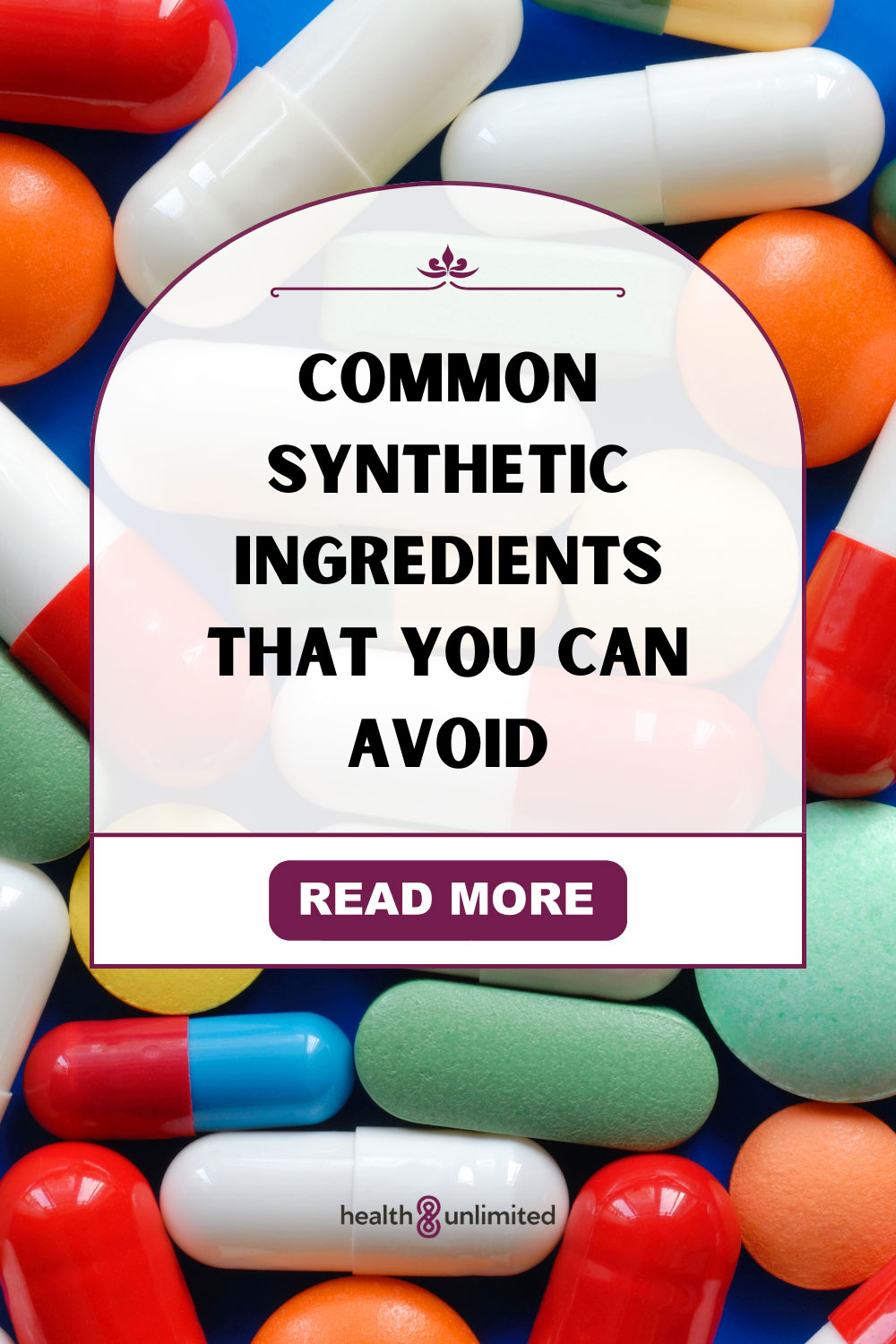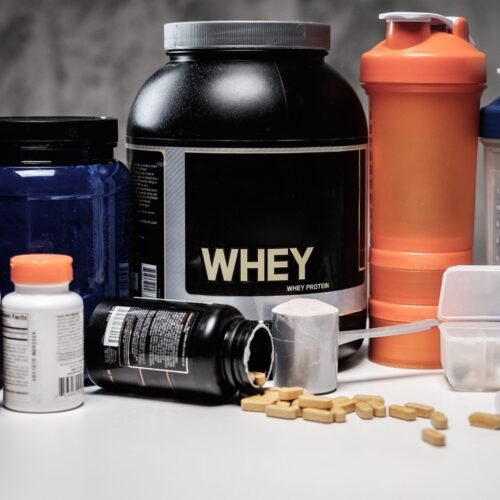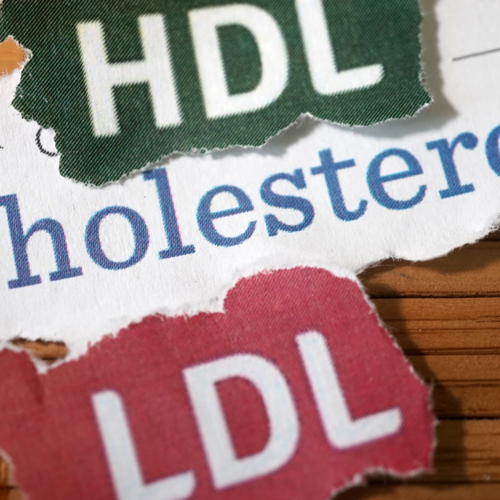As you know, I’m very picky about which supplements to use.
When we choose to take a supplement, it’s to help our health, so I find it very upsetting that there are supplements that can do the opposite.
For example, many heavy metal detox supplements are actually contaminated with heavy metals.
Or if there is something synthetic in the supplement, typically body won’t be able use it well.
Other supplements will have such low doses of certain nutrients, that they won’t help anything.
For example, I recently saw the recommendation of 60mg of vitamin C… that won’t help anything.
And in other cases, ratios of certain nutrients are off, which can cause it’s own issues.
While I can’t cover every eventuality here, I do want to give you at least some of the more common synthetic ingredients that you can avoid.
Vitamin E
The natural version is d-alpha tocopherol, the synthetic version will simply have the prefix of dl- (instead of just d- ).
Vitamin K2
First, there is a difference between vitamin K1 and vitamin K2.
The one I’m typically speaking of is vitamin K2, as it is the one needed for vitamin D3 to be used properly.
So for vitamin K2, the natural version is MK7, the synthetic version MK4.
Some will tell you that MK4 is fine, but I disagree because it is “made” by feeding animals with synthetic vitamin K to have them convert it to MK4.
There is also vitamin K3, that is synthetic as well.
I do want to side note, for the body to use vitamin D3 appropriately, it does require more than just the vitamin K2. So even a D3 + K2 isn’t a complete supplement for this.
Vitamin B12
The natural version of B12 is called cobalamin, the synthetic version is cyanocobalamin.
Personally, I also prefer for us to get a more complete approach to B vitamins than just one at a time.
Folate
Folate is vitamin B9.
The natural version is folate, the synthetic version is called folic acid.
With this one especially I have seen ingredient lists say “folate (as folic acid).”
At a quick glance, it looks like they have the natural version, but then you’ll see that it’s actually not.
So it is important to really read the whole thing.
Vitamin A
For vitamin A, the synthetic version is called retinol palmitate.
Vitamin A actually stands for a group of vitamins, so it’s name can show up in different ways.
One common name for vitamin A that is natural is beta carotene.
And technically, it is a pro-vitamin A carotenoid, which your body activates into vitamin A.
Vitamin D
The natural and more bioavailable form is vitamin D3 or cholecalciferol, the synthetic version is vitamin D2, also called ergocalciferol.
Not all companies will tell you so specifically what version of a nutrient they are using.
Many will simply put “vitamin E” or “vitamin K.”
This adds to my preference for companies such as Systemic Formulas, who are not only particular about how they source and formulate their products…
… but also care about making sure you can easily read what’s in the product on the ingredient list.
There are companies where I’ve had to contact the company to get more details about what certain ingredient terms they’ve used are supposed to mean.
I also ask companies about how they source ingredients, what their testing entails, and how they create their formulations.
And if a company isn’t forthcoming with information like this, then they aren’t an option to me.
























